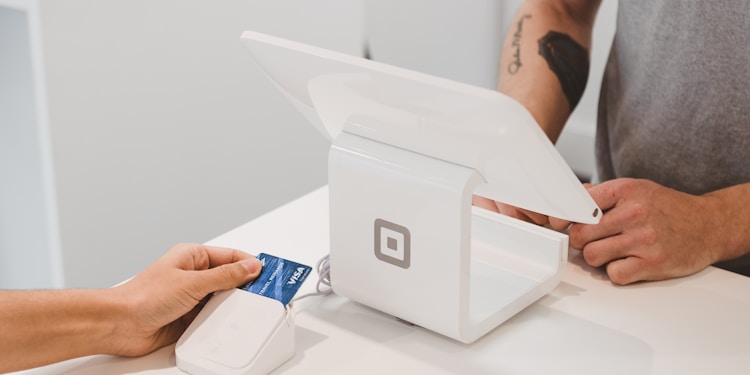In today’s world, many businesses are scrambling to find ways to accept credit and debit cards. It can be a struggle for small business owners who do not have the resources necessary to comply with the Payment Card Industry Data Security Standards (PCI DSS). This blog post will give you some information about what PCI compliance entails and how it will affect your business.
Let’s get to the details.
What Is It Being PCI Compliant, and What Are The Benefits?
PCI DSS is a set of regulations and standards put out by the Payment Card Industry Security Standards Council. As seen at https://www.securetrust.com/payment-card-industry-compliance, these laws were created to help protect cardholder data, which was becoming vulnerable due to an increase in online banking and e-commerce transactions. The PCI council has established these rules as best practices for defending against credit card theft.
It is estimated that over 80% of small businesses are not compliant with the PCI DSS standards, which can be costly and challenging to implement without professional help. That’s why it is essential for business owners to know what the PCI DSS includes and how it can help them avoid privacy breaches.
What Are The Requirements For Being PCI Compliant?
The PCI DSS requires that businesses take specific actions to remain compliant. These include:
- Encrypting cardholder data
- Monitoring and analyzing network activity for unauthorized access or breaches
- Maintaining a vulnerability management program.
- Implementing strong access control measures, including the use of two-factor authentication for accessing sensitive information
These are just a few of the requirements that you must meet to comply with PCI DSS. Being compliant is essential because it helps companies avoid fines and loss of business due to security breaches. If your company processes, transmits, or stores credit card information, then there’s no doubt about whether you need to be compliant. You do!
How Can I Become PCI Compliant?
If you are not sure where to start when becoming PCI-compliant, there is no need to worry. The PCI council provides an official website that can walk you through the steps of becoming compliant. However, it is essential to note that having a professional help your business become PCI DSS compliant will make it easier and faster for you to achieve compliance.
These steps include:
- Building and maintaining a secure network
- Implementing strong access control measures, including the use of two-factor authentication for accessing sensitive information
- Regularly testing security systems and processes; if you can successfully manage your PCI DSS compliance with professional help, these are often included in an initial assessment. If not, be sure to follow up with your provider regularly to ensure that your company stays compliant.
In addition to these main requirements, the PCI DSS also requires businesses to monitor and test networks for possible vulnerabilities at least every six months. Be aware of how compliance with this set of standards will affect you and implement a plan today.
What Does It Mean If My Business Isn’t PCI Compliant?
If you are not PCI-compliant, then it is likely that your customers’ data will be compromised. This can lead to a loss of business from clients who no longer want to do business with you due to the security breach. In addition, if an attack occurs and leads to a credit card theft or fraud issue, your company could face hefty fines and penalties.
These risks are not worth taking when there is no need to. The PCI DSS provides clear guidelines for how you can stay compliant without spending too much time or money on it. The bottom line: if your business handles credit card transactions, then being PCI DSS compliant should be a top priority.
Common Misconceptions About Compliance
There are a few common misconceptions about the PCI DSS that can cause business owners to avoid it or not take it seriously. The first is that being compliant will be difficult and time-consuming for your company. While this may have been true in years past, there are now tools available such as automated vulnerability scanners, which make staying compliant easier than ever before.
Another common misconception is that there is no incentive for companies to make it a priority. This idea could not be further from the truth, as being compliant will help your business avoid costly fines and security breaches which can damage your company’s reputation beyond repair. In addition, if you can achieve compliance quickly and easily with professional tools such as automated vulnerability scanners, you will be able to avoid these problems even sooner.
Are There Any Exceptions or Exemptions From Compliance?
There are a small number of businesses that fall under certain exceptions or exemptions from the PCI DSS. While you may be saying to yourself, “there’s no way my company falls under one of these categories!” It is essential to remember that every business has different needs when it comes to security. Some companies do not need to worry about being compliant.
In conclusion, if your company processes credit cards, it is incredibly important to make sure you are PCI DSS compliant. Staying compliant will help protect your business from incurring massive fines and damage due to security breaches, leading to client loss.











